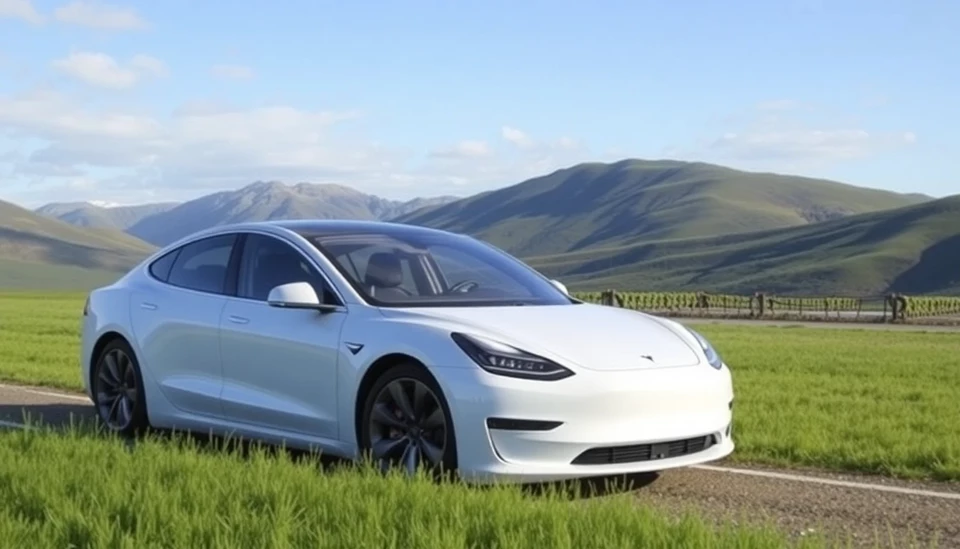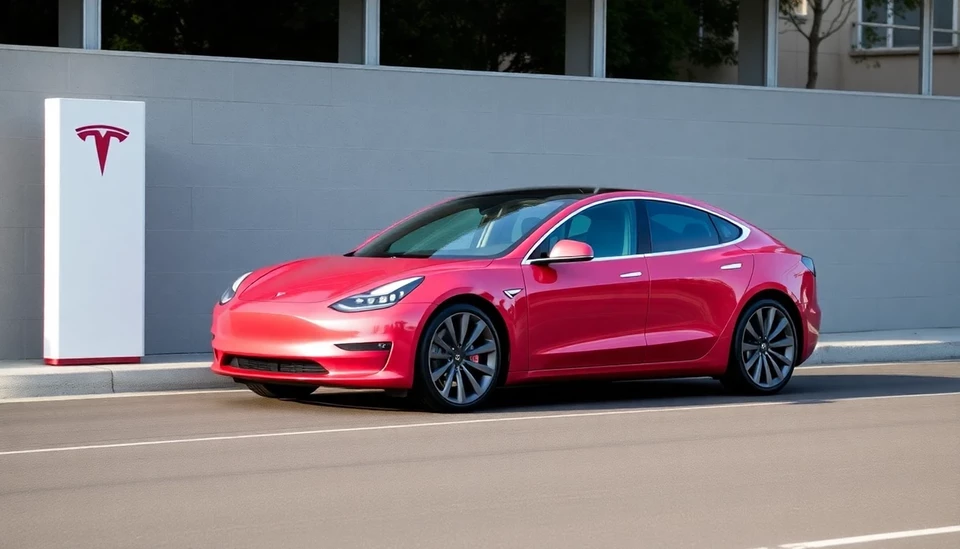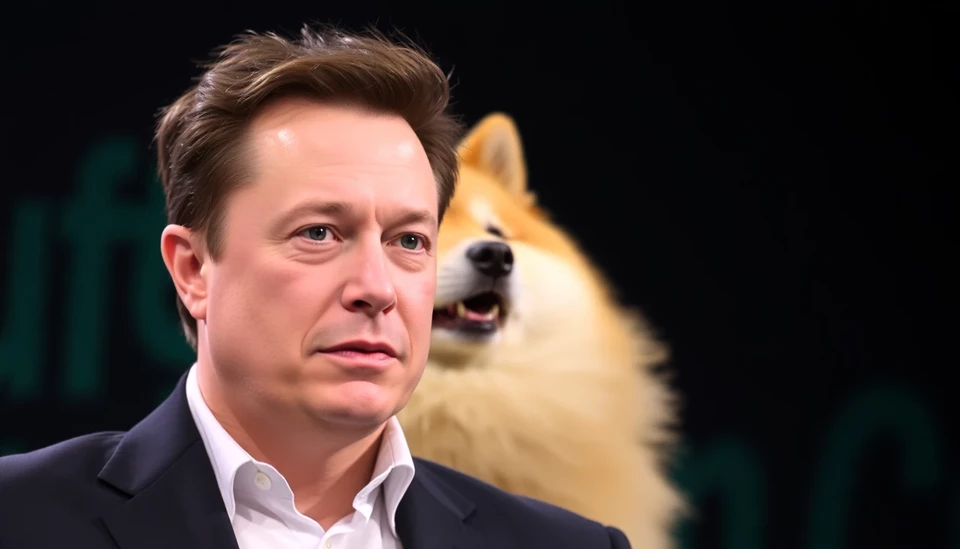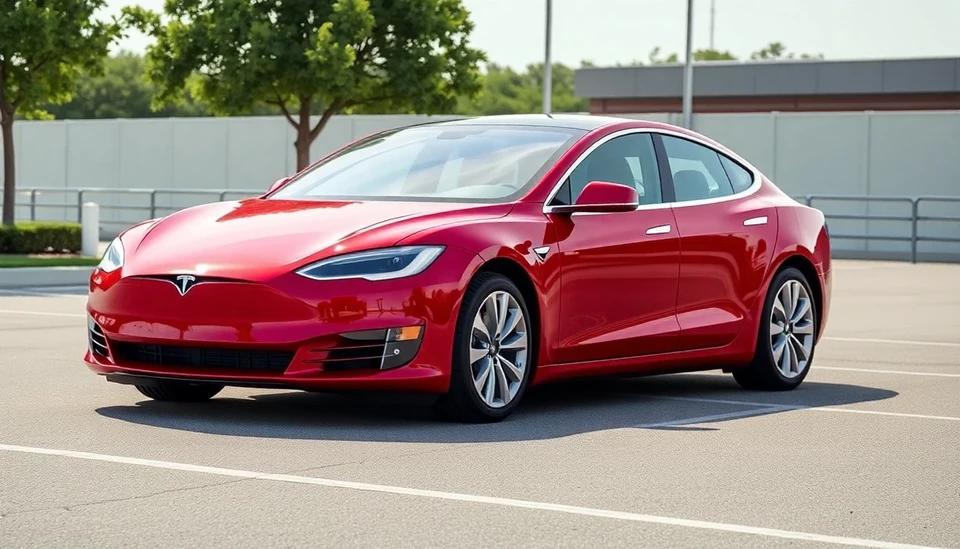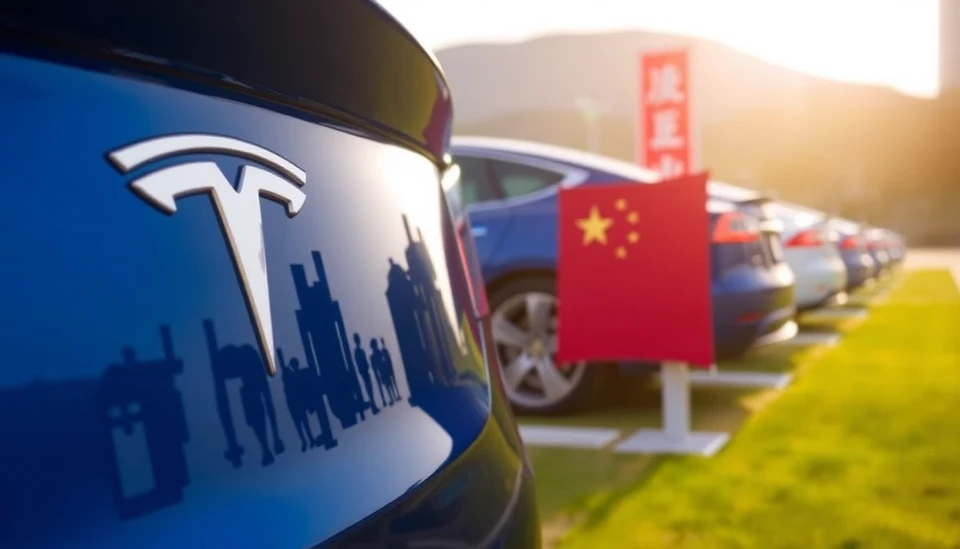
In a significant shift in strategy, Tesla has announced that it will no longer offer the "order now" option for two of its imported electric vehicle (EV) models in China. This decision is part of a broader effort by the company to streamline its offerings and focus on local production as competition intensifies in the Chinese EV market.
The models affected by this change are the high-end Model S sedan and the Model X SUV, both of which have been popular among affluent Chinese consumers. Previously, customers had the option to place orders online, but Tesla has now opted to discontinue this feature for these models, which may lead to decreased accessibility for potential buyers.
Tesla's adjustment comes at a time when the company is facing fierce competition from both local and international brands, each vying for market share in the rapidly growing EV industry. The Chinese government has been actively promoting electric vehicles, leading to an influx of new manufacturers, including NIO, Xpeng, and Li Auto, which are capturing consumer interest with their innovative offerings and competitive pricing.
The decision to remove the order option is seen as a strategic move to strengthen production efficiency and respond more agilely to market demands. Rather than rely on imported models, Tesla has been investing heavily in its Gigafactory in Shanghai, which primarily focuses on producing the more economical Model 3 and Model Y. These models have seen a significant uptake in sales, further underscoring Tesla's shift towards localized production to reduce costs and enhance delivery times.
Additionally, this change could serve the dual purpose of ensuring that Tesla maintains its competitive edge while also responding to consumer preferences in a rapidly evolving market landscape. As more consumers seek shorter waiting periods and quicker access to vehicles, eliminating the "order now" option may streamline operations and allow for faster delivery of available units.
Industry analysts are closely monitoring the implications of this move. Many agree that while it may limit the variety of options for high-end buyers, it also reflects a calculated response to the demands of cost-effectiveness and efficiency. As Tesla continues to adapt to the dynamics of the Chinese EV market, its ability to balance production capabilities with customer need will be paramount.
Furthermore, the phasing out of this order option aligns with Tesla's broader roadmap, wherein the company must continuously innovate while meeting the expansive consumer base within China. The latest developments mark a noticeable shift in how Tesla positions itself in this competitive arena and hints at potential changes in future sales strategies and market interactions.
In conclusion, Tesla's decision to scrap the "order now" option for its imported Model S and Model X in China signals a pivotal move aimed at enhancing operational efficiency amid intensifying competition. As the electric vehicle market progresses, the company's adaptability will play a vital role in its continued success in one of the world's largest automotive markets.
#Tesla #ElectricVehicles #EVMarket #ChinaAutomotive #ModelS #ModelX #Innovation #LocalProduction #Competition #Gigafactory
Author: Sophie Bennett
